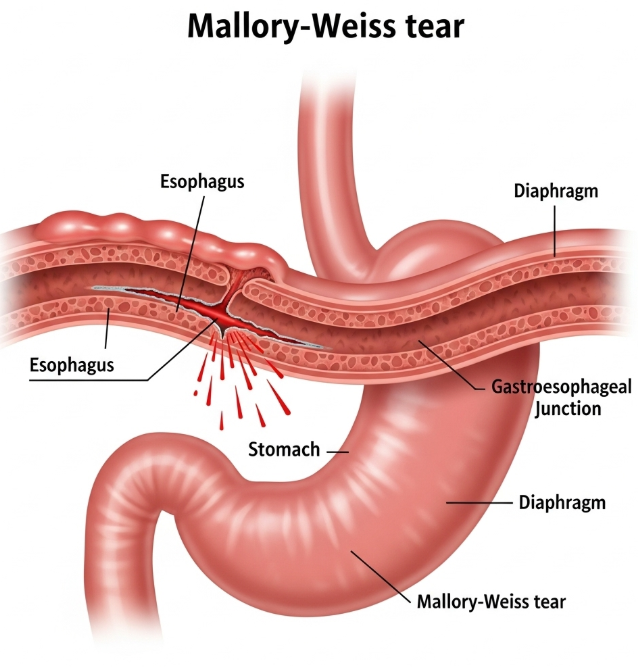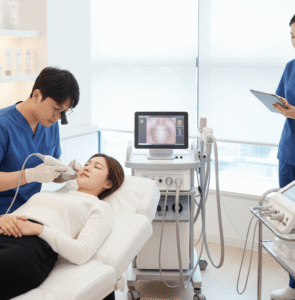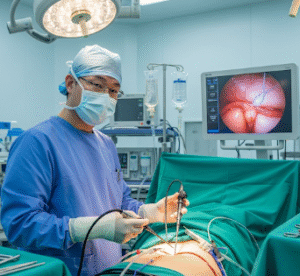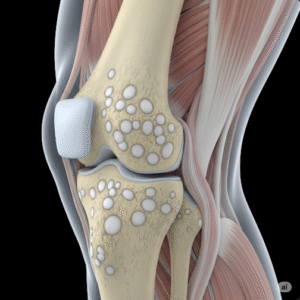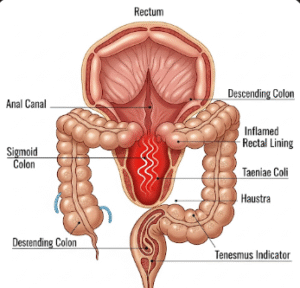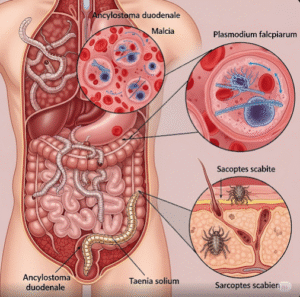Overview
A Mallory-Weiss tear is a tear in the mucous membrane at the junction of the stomach and esophagus, usually caused by severe vomiting or retching. In Korea, gastroenterologists diagnose and treat this condition promptly to prevent significant bleeding and complications.
What is Mallory-Weiss Tear?
A Mallory-Weiss tear occurs when forceful vomiting or retching leads to a laceration of the esophageal lining, resulting in bleeding. It can affect adults of any age and is often associated with alcohol consumption, eating disorders, or gastrointestinal stress.
Symptoms
- Vomiting blood (hematemesis)
- Blood in stool (melena) in severe cases
- Nausea and repeated vomiting
- Epigastric or chest pain
- Weakness or dizziness from blood loss
- Pallor or fatigue if bleeding is significant
Causes
- Forceful vomiting or retching
- Alcohol binge or excessive drinking
- Severe coughing or straining
- Gastrointestinal procedures or endoscopy (rarely)
- Eating disorders, such as bulimia
Risk Factors
- Heavy alcohol consumption
- Chronic vomiting or nausea
- History of gastrointestinal disorders (gastritis, ulcers)
- Use of nonsteroidal anti-inflammatory drugs (NSAIDs)
- Advanced age, due to weaker esophageal tissue
Complications
- Significant blood loss leading to anemia
- Shock in severe cases
- Recurrent bleeding if the tear is not treated
- Rarely, infection at the tear site
- Hospitalization for supportive care and monitoring
Prevention
- Avoid excessive alcohol intake
- Treat underlying causes of vomiting (infections, gastrointestinal disorders)
- Use medications that protect the stomach lining if prone to gastritis or ulcers
- Early medical attention for persistent vomiting or gastrointestinal bleeding
- Lifestyle modifications to reduce strain on the esophagus
Treatment Options in Korea
Diagnosis
- Endoscopy to visualize the tear and assess bleeding
- Blood tests to monitor hemoglobin and hematocrit levels
- Imaging in rare cases to rule out other causes of upper GI bleeding
- Clinical assessment for hemodynamic stability
Medical & Procedural Treatments
- Endoscopic therapy: clipping, cauterization, or injection to stop bleeding
- Proton pump inhibitors (PPIs) to reduce stomach acid and promote healing
- Fluid resuscitation and blood transfusion for significant blood loss
- Monitoring for recurrent bleeding
- Surgery is rarely needed unless bleeding is uncontrolled
Rehabilitation and Support
- Dietary modifications to avoid irritating the stomach and esophagus
- Gradual reintroduction of normal diet after healing
- Avoidance of alcohol and NSAIDs
- Follow-up endoscopy if necessary to ensure complete healing
- Patient education on early signs of gastrointestinal bleeding

